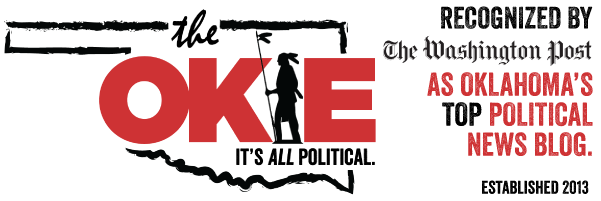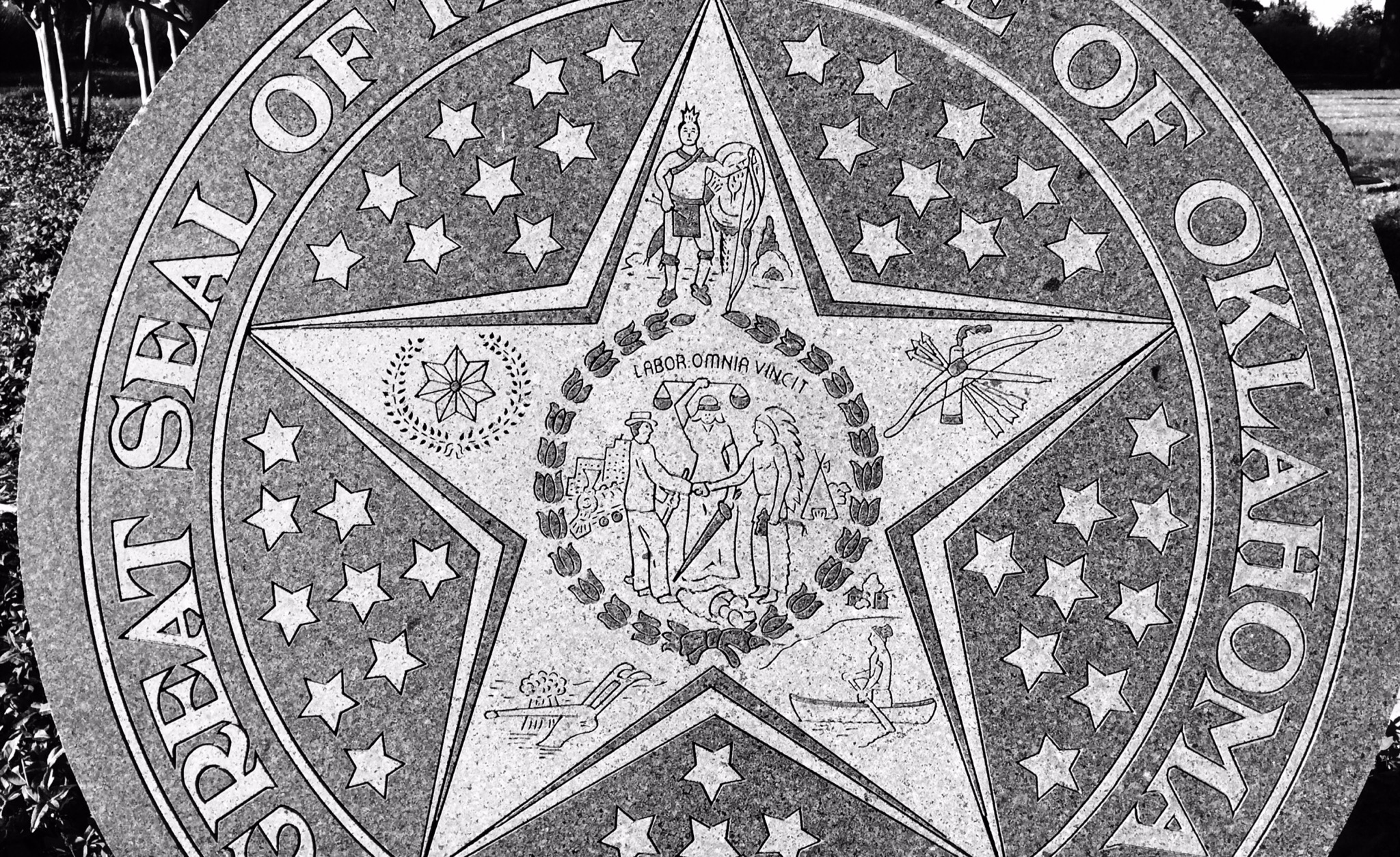Citing Revenue Crisis, Sen. Holt Urges Long-Term Budget Reforms
Immediate Release: January 19, 2016
Citing revenue crisis, Sen. Holt urges long-term budget reforms
Sen. David Holt has introduced Senate Joint Resolution 44, which would ask the people of Oklahoma to set the cap on the state’s Rainy Day Fund at 15 percent of the total state budget (approximately $24 billion). Currently, the Rainy Day Fund’s 15 percent cap is measured against the artificially smaller number of “general revenue fund certification” that was just $5.6 billion for the most recent budget, less than a quarter of the dollar amount actually spent by the state.
“The thing that should frustrate all of us is that we have a century of experience telling us that an energy-based economy dramatically rises and falls, and yet we still don’t have a savings account that appreciates that fact,” said Holt, R-Oklahoma City. “Though addressing the short-term crisis is important, we should also move forward on long-term reforms like this while the lessons are fresh, or we’ll simply find ourselves in this predicament again. Now that we know our actual state budget is in excess of $24 billion, we should act to create a Rainy Day Fund that is up to the task. Our current Rainy Day Fund gives a false sense of security by measuring itself against an artificial number that is less than a quarter of the state’s actual spending. No responsible citizen would run their household this way, and neither should we.”
Last session, Senate negotiators, led by Appropriations Chairman Clark Jolley, fought to include for the first time in modern history the total state budget in the annual appropriations bill (HB 2242). That number was $24,013,849,390. Now that the total state budget is known to be at least $24 billion, Senator Holt maintains Oklahoma has the knowledge needed to make a fundamental reform in the way money is saved for economic downturns.
Holt also reiterated the long-term need for budget-only sessions, so that greater time can be given to budget planning. That change has been proposed through Senate Joint Resolution 30, authored by Senate President Pro Tempore Brian Bingman, which passed the Senate and awaits consideration in the House. SJR 30 was also the subject of an interim study last year. The measure would allow consideration of the budget every year, but would limit proposals for statutory changes to every other year. This would leave legislators with significantly more time to consider the increasingly large and complex problems inherent in a $24 billion budget.
“I commend recent actions by Senate leadership to spend more time on the budget, but as long as we still consider thousands of statutory changes each year, we are not giving adequate time to the budget process. The results speak for themselves,” Holt said. “We can be a lot better at seeing around corners, but we have to dedicate the appropriate time to the task.”
SJR 44 can be considered by the Legislature during the session that begins February 1. Because it is a proposed amendment to the Constitution, it would be placed on the November, 2016 ballot for consideration by the voters. SJR 30 is also eligible for further consideration this upcoming legislative session, and would also require a vote of the people to become law.
-END-

